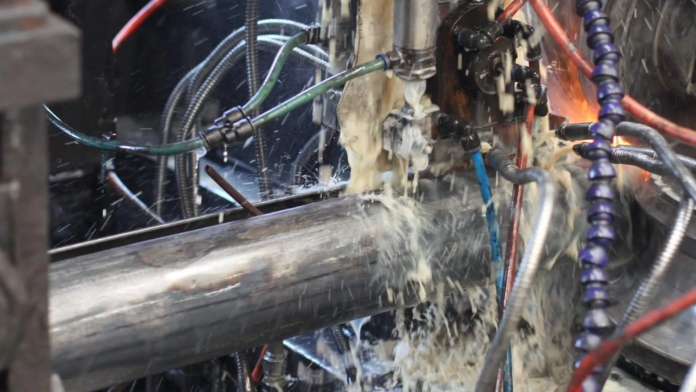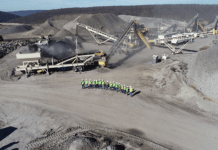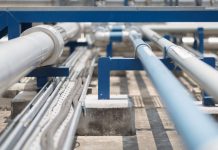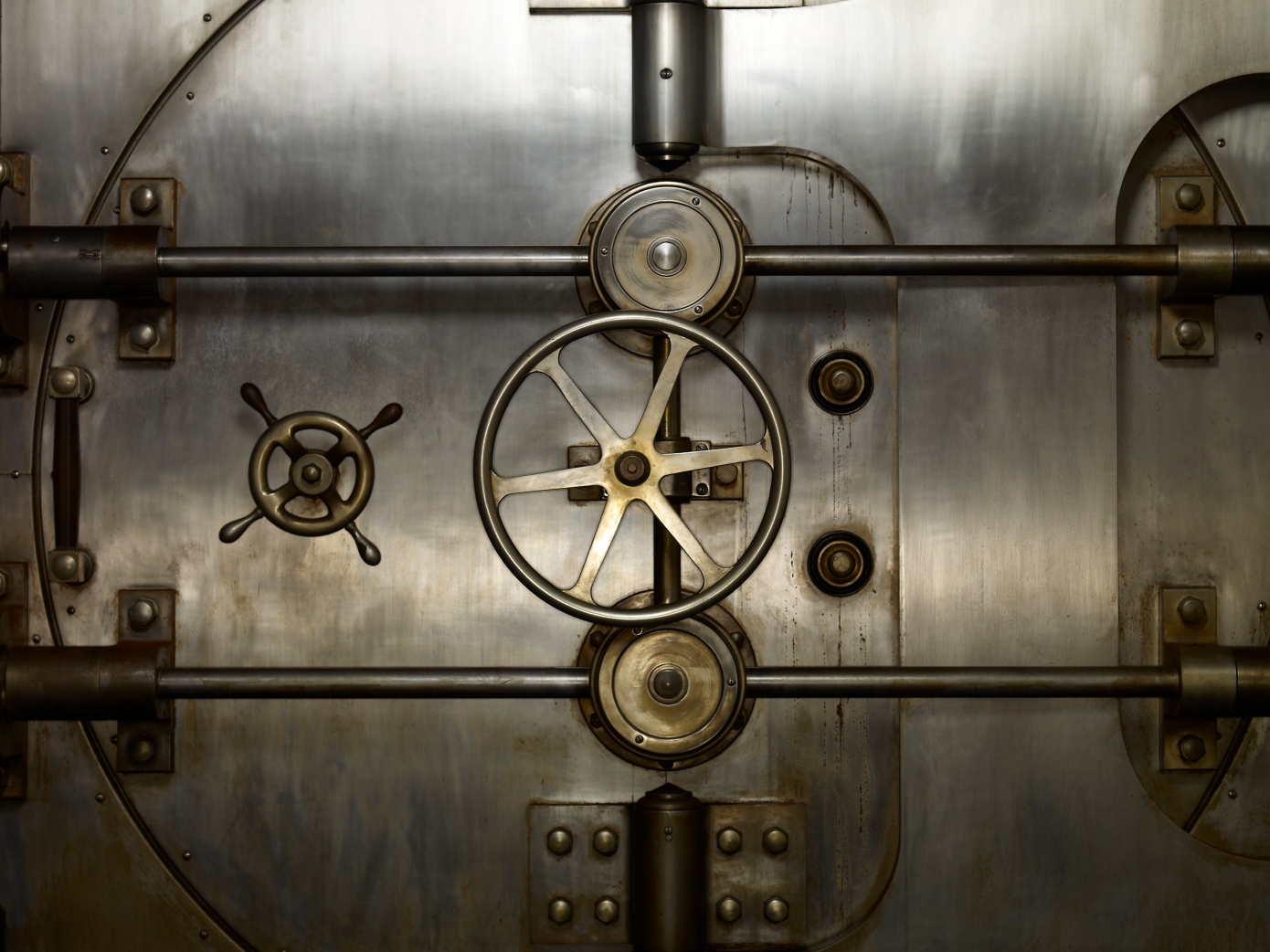Within the critical infrastructure domain, pipelines function as the lifeblood of contemporary society, carrying vital commodities including chemicals, water, gas, and oil. Protective measures like pipeline coating are essential to ensuring the longevity and integrity of these pipes. A protective covering known as pipeline coating is put on the outside of pipes to keep them safe from abrasion, corrosion, and other environmental elements.
The principal aims of coating are to prolong the pipeline’s lifespan, minimize maintenance expenses, and augment safety. A choice of quality is pipeline coating solutions. Our coatings prevent leaks, protecting the environment and improving productivity. With their strong connections that seal leaks and holes, they provide an alternative to welding.
What Is The Process For Applying Powder Coating To Pipelines?
Using an electrostatic charge, a dry powder is applied to the heated pipe surface in a process known as powder coating. As it melts and fuses with the pipe when heated, the powder, which is usually a fusion-bonded epoxy (FBE), sticks to the surface and creates a continuous, long-lasting outer coating. Pipeline longevity and integrity are improved by this technology, which guarantees equal coating and corrosion resistance.
The Coating of Pipelines Required
Pipeline coating is required for several reasons, chief among them being the preservation of the pipeline and the guarantee of its durability, integrity, and effective functioning. The following are some of the main justifications for pipeline coating:
Preventing Corrosion:
Preventing corrosion in pipelines is one of the main goals of coating applications. The natural deterioration of metal caused by external causes, known as corrosion, is a serious threat to the integrity of pipelines. Corrosion is accelerated by exposure to moisture, soil, and chemicals, which can result in leaks, ruptures, and catastrophic failures. Pipeline coatings serve as a strong protective layer that keeps the metal surface safe from corrosive substances and delays the onset of corrosion.
Increased Sturdiness:
Pipeline coatings greatly increase the infrastructure’s resilience. Coatings prevent abrasion, impact, and other mechanical stresses that pipes may encounter during their operating lifespan by forming a protective layer. Because of its greater resilience, the pipeline will last longer and require fewer maintenance and repairs overall, which will save money.
Protection of the Environment:
Pipelines without coatings are prone to corrosion, which may cause dangerous materials to leak into the surrounding environment. Corrosion-induced leaks in oil and gas pipelines can cause environmental catastrophes, contaminating land, and water, and endangering wildlife. By reducing the likelihood of such accidents, pipeline coatings act as a preventive measure and strengthen the industry’s dedication to environmental responsibility.
Adherence to Regulations:
The application of pipeline coatings is mandated by law in numerous areas. Coatings are required by law to guarantee the integrity and safety of pipelines, according to industry watchdogs and governments. Respecting these rules is not only required by law but also a critical first step in developing a responsible culture in the sector. To meet regulatory requirements and ensure the dependability of their infrastructure, pipeline operators need to adhere to coating standards and specifications.
Economy of Cost:
Although adding pipeline coatings may seem like an investment at first, the costs are eventually recouped. Throughout the pipeline’s life, operators can save a significant amount of money because of the protection provided by coatings, which lessens the need for regular repairs and replacements. Furthermore, preventing corrosion-related events reduces the costs both monetary and reputational of environmental remediation and associated legal ramifications.
Keeping the Purity of the Product:
Coatings are essential for preserving product purity when it comes to pipelines carrying liquids meant for human use, including water. The barrier keeps impurities out of the pipeline, guaranteeing that the liquid being delivered is pure. This is especially important when it comes to water supply systems since the quality of the water that is delivered determines the health and welfare of entire populations.
Lastly
Pipeline coating is not only a surface treatment; rather, it is an essential component in guaranteeing the durability, security, and ecological sustainability of essential infrastructure. The pipeline sector requires coatings because of their numerous advantages, which include improved durability, reduced corrosion, cost-effectiveness, and regulatory compliance.














